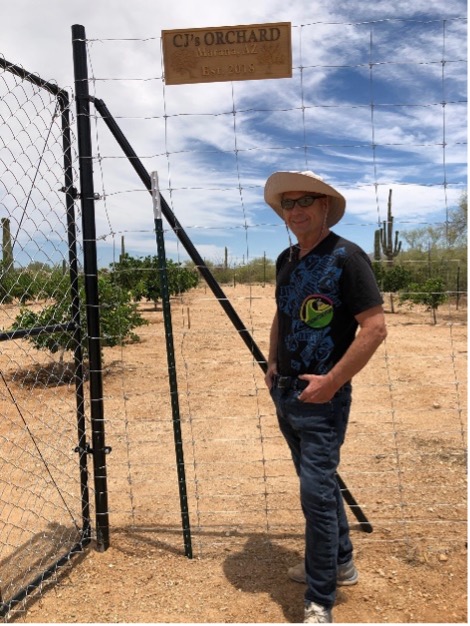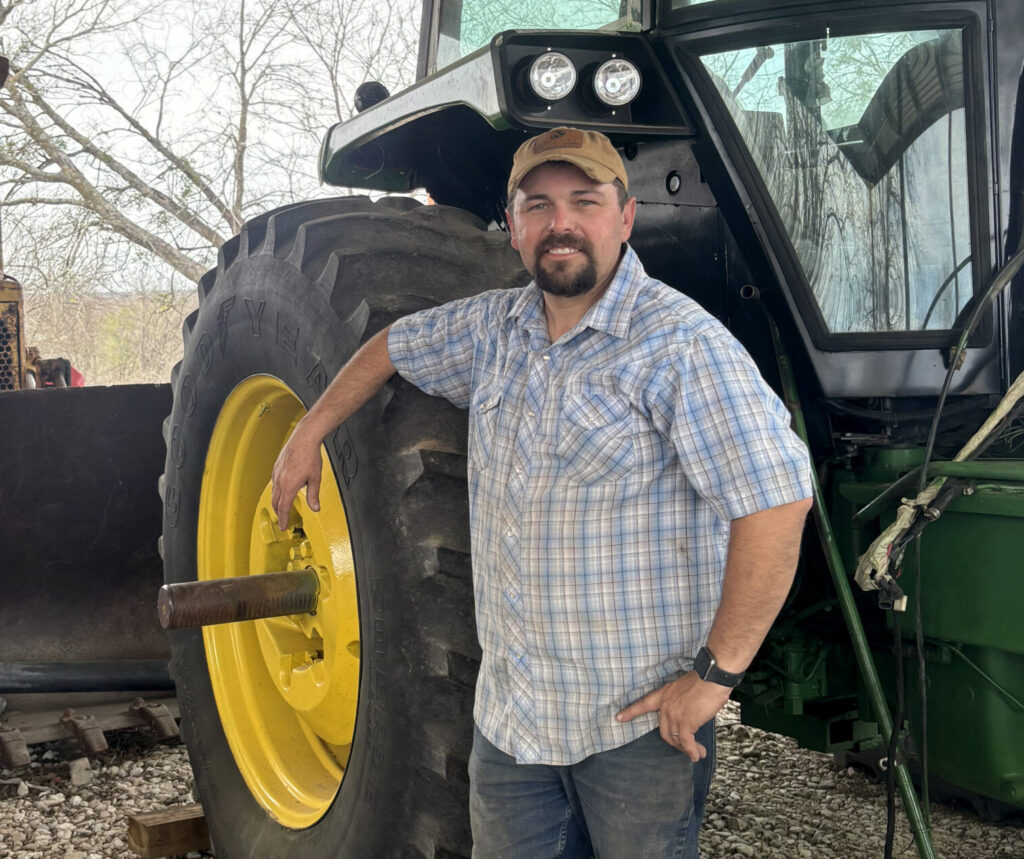Clifford Johnson
After retiring from a 35-year career in the aerospace industry, Clifford Johnson started a citrus orchard in Marana, Arizona. Less than a year after planting his trees, he saw the value of organic certification mentorship firsthand. “Looking back, if I had known how complex the process would be, I might have hesitated,” he says. “Navigating the challenges on my own taught me a great deal—but I would have been deeply grateful for a knowledgeable mentor to guide me.”
Now, Johnson mentors other farmers through the Transition to Organic Partnership Program (TOPP). This nationwide initiative provides support to both transitioning and existing organic producers across six geographic regions of the U.S. CCOF leads the West/Southwest region. “I’m honored to help others through their own certification journeys,” he says. “That’s one of the main reasons I joined TOPP.”
Johnson believes there are four critical factors that contribute to a successful and efficient organic certification process: a motivated farmer, sufficient funding, an experienced mentor, and effective recordkeeping. He notes that becoming certified adds multiple layers of complexity to starting a farm, and when challenges inevitably arise, many farmers without a good support network drop out within the first three years of certification attempts.
Mentors
“An experienced mentor significantly increases a farmer’s chances of success,” Johnson notes. He urges farmers to choose mentors who establish effective systems to manage their own certification and communicate clearly. “When a motivated farmer with sufficient funding is paired with a knowledgeable mentor, the result is almost always a successful certification.”
“If there is one Achilles’ heel for farmers pursuing certification,” Johnson says, “it’s poor or disorganized recordkeeping. Once I realized that documentation was the key to certification, I developed a streamlined system that uses document association to meet certifier and inspector requirements. I believe these simple procedures and easy-to-use templates have been instrumental to both my own certification and the success of my mentees.”
As well as mentoring other farmers through the program, Johnson says he has also seen personal benefits through being a part of TOPP. “One of my mentees brought in beehives during the citrus bloom to increase pollination and fruit yield,” he says. “I also connected with a more experienced, large-scale citrus grower in the program who generously shares advice and insights. These types of relationships make the program’s impact far greater than just increasing the number of certified farmers.”
“Organic farming is not just a practice—it’s a step toward sustainable agriculture and long-term environmental stewardship. Every new farmer who achieves certification helps move this mission forward,” Johnson says. “The TOPP program is helping shape the future of American agriculture by supporting farmers who choose the organic path. I’m proud to be part of this movement and look forward to helping more farmers succeed.”
Interested in participating in TOPP mentorship? This program is funded through 2026 by TOPP.


